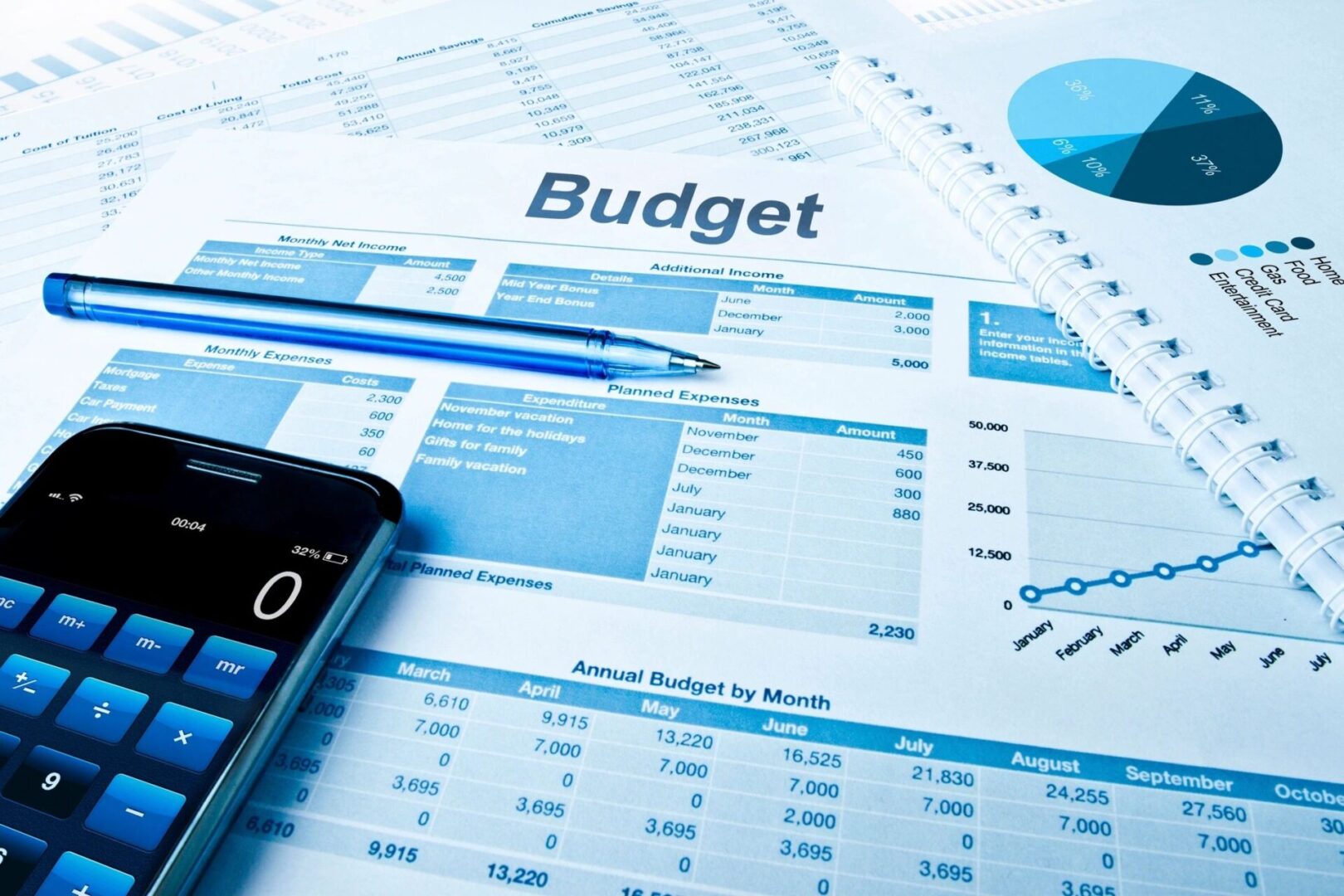Chapter 7
Quick Overview of Chapter 7 Bankruptcy
Chapter 7 of the United States Bankruptcy is commonly known as a liquidating bankruptcy or just plain “bankruptcy”. This webpage explores the benefits and downsides of filing a Chapter 7, including what types of debts you can usually discharge (get rid of) and other frequently asked questions.
Under any Chapter, you are required to list all of your debts and assets on your petition. An asset is anything you own or may have a right to own at some future date within reason. For example, it is not necessary to state that you are a beneficiary of your children’s life insurance policy. Some (and in most cases, all) of your assets will be exempt. California law provides two separate sets of exemptions from which to choose. A detailed analysis of these exemptions is not possible here. This is one of the reasons why you need an attorney, to properly exempt your possession so that you can keep them. Basically, you can exempt household goods, and so forth. After you file your case, a Trustee is appointed. He or she will liquidate (sell) all of your non-exempt assets and pay your creditors according to the priority afforded to them by the Bankruptcy Code. You may voluntarily repay any debt upon agreement with the creditor. Whether this is ever advisable is questionable and is an issue to be discussed with your attorney.


Should you File Chapter 7 Bankruptcy?
The goal of most any personal bankruptcy is to discharge your debts and allow you a fresh start on your finances. In other words, once your discharge is granted, you no longer need to repay the debts that were incurred before you filed your bankruptcy. Your creditors are entitled to share in the proceeds obtained from the liquidation of your non-exempt assets. Under Chapter 7, the amount your creditors will get is fixed by the value of your non-exempt assets. Certain debts are non-dischargeable in Chapter 7.
Examples of these are taxes less than three (3) years old, student loans, child support and spousal support (alimony), and any debts procured by fraud, incurring debt without a reasonably certain ability to repay the debt, and so forth. Assuming you need to file a bankruptcy, the only way to properly determine which Chapter to file is to first compare your options under the other available Chapters. Generally, Chapter 7 is the cheapest, quickest and least painful of the three major Chapters (the others being 11, which is for businesses, and 13). If you are an individual and meet the requirements, Chapter 7 allows you to discharge most or all your debts. It allows you to do this regardless of how many assets you have or how much your creditors ultimately receive if anything. It basically allows you to walk away from your debts and start over.
What are Some Disadvantages of Chapter 7 Bankruptcy
You are only able to receive a discharge after six years have passed since the commencement of the last case in which you received a discharge. Thus, you should not file bankruptcy, under Chapter 7, if you think that you will need the option of doing it again within the next six (6) years. If you are a corporation, you must stop operating your business immediately upon the filing of the Chapter 7 petition. Only under extraordinary circumstances will the Trustee operate the business. Another disadvantage of filing Chapter 7 comes when you are behind on your car or a mortgage. If you are behind on your payments on a car or a mortgage and your file a Chapter 7 you will have to immediately bring your loan “current”.
This essentially means that you will have to come up with the full amount of arrears (the amount you are behind) immediately. Most of the time this is not feasible. If you cannot do this, in Chapter 7, you will be forced to “surrender” or “give up” that asset (your house or car). However, this does not leave you with no recourse which would allow you to keep the assets. See the page on Chapter 13 bankruptcy.


Why Do You Need an Attorney?
Some paralegal services charge a minimal fee to prepare and file the necessary paperwork to file a bankruptcy. While in some cases this may not be a major problem, it has been my personal experience that the risk is simply not worth it. Much of what goes into the bankruptcy petition comes from the insightful and probing questioning from a qualified bankruptcy attorney. Paralegals and other “bankruptcy” petition preparers are strictly prohibited from practicing law and, therefore, cannot give legal advice or ask the necessary question to make sure you are completing your paperwork fully and completely. Even if they were legally allowed to do so, they are not able to adequately assess the laws surrounding exemptions and to determine what your best options are.
Are you willing to risk possibly losing your 401(k) or other assets because the proper exemption wasn’t used or they didn’t know the exemption existed? All to save a couple of hundred dollars. You may also be assuming there is no problem with listing a particular asset, or reaffirming a particular debt, only to find out months or even years from now, that because you filed the bankruptcy or didn’t take appropriate steps, that you did not get rid of that debt, or that you may lose an asset or any number of other problems. Perhaps most importantly, they also cannot represent you in court or at the 341 hearing (more commonly known as the meeting of the creditors). Further, if you list things incorrectly in your petition, or omit necessary items it is YOUR problem, not the paralegals. You sign all your bankruptcy papers under penalty of perjury. Ultimately you may have to spend several thousand dollars to attempt to remedy a situation that could have been prevented, or at least planned for, at the beginning.
At Fees You Can Afford
We can often save you more than the cost of our service alone. Call today (858) 277-0232.
We are a Debt Relief Agency.
